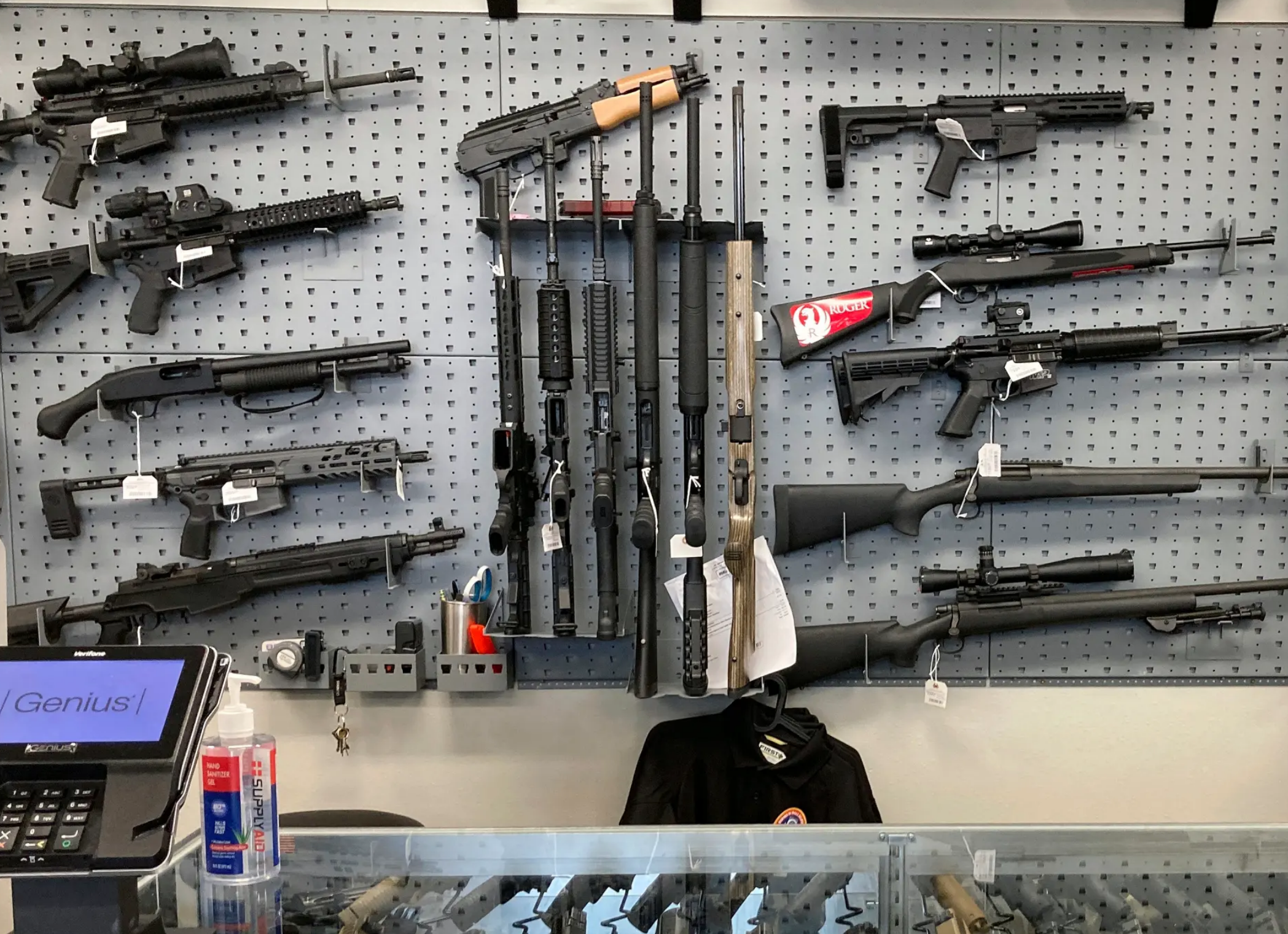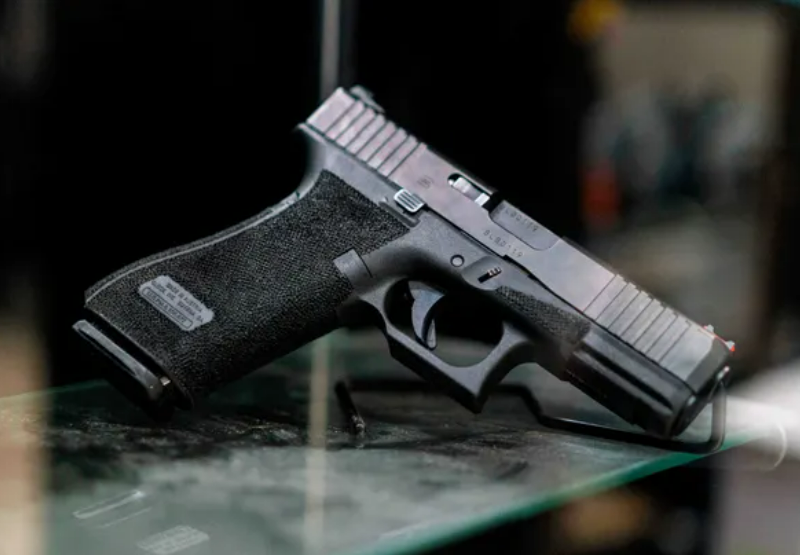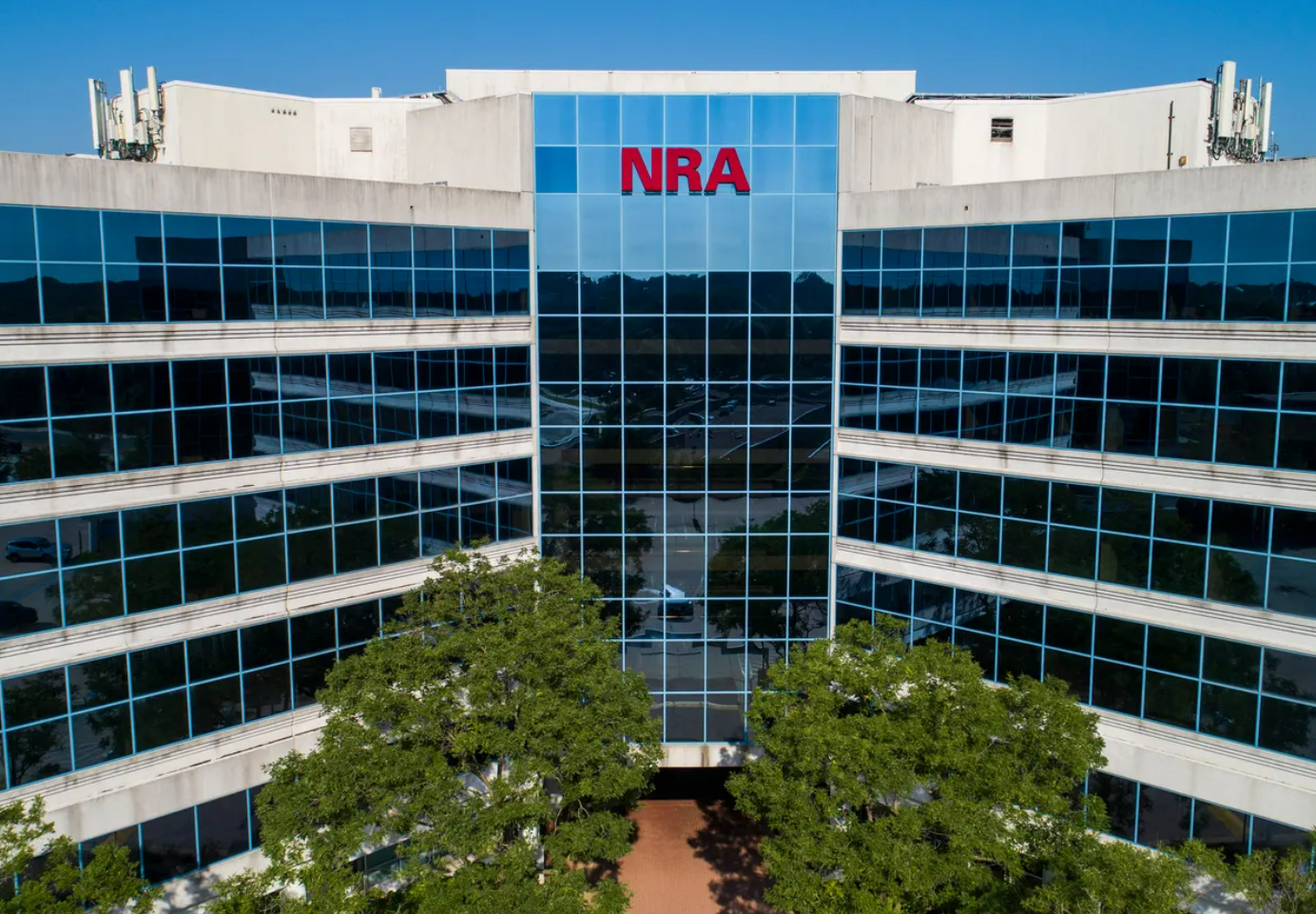
The 2nd Amendment has seen a major victory in a Hawaiian court case.
The case, Yukutake v. Connors, involves two separate individuals who are challenging the state of Hawaii’s 10-day permit validation timeframe as well as the required personal arms inspection.
The way these two aspects of Hawaiian law works as follows; the 10-day permit validation time frame forces Hawaii’s residents to use a firearm permit within 10-days of issue or it will be void, all arms are subject to being inspected by law enforcement or they must be registered.
Lawyers Alan Beck and Stephan Stamboulieh are challenging the two aspects of Hawaiian law mentioned above in Yukutake v. Connors.
District Court of Hawaii Judge Michael Seabright delivered a harsh ruling for the state in the case. Judge Seabright tore apart the state’s argument piece by piece and ultimately ruled that they had failed to prove that these laws were for the safety of the state’s residents.
From Judge Seabright’s opinion:
The challenged provisions in both HRS § 134-2(e) and HRS § 134-3(c) are not longstanding and impose only a moderate burden on the right to bear arms. As such, both provisions are subject to intermediate scrutiny. And because the Government has entirely failed to demonstrate how each law effectuates its asserted interest in public safety, neither law can pass constitutional muster under this standard of review. Plaintiffs’ Motion for Summary Judgment is GRANTED and Defendant’s Counter Motion for Summary Judgment is DENIED.
This case is a big win for Hawaii, the outcome of this case will have a major impact on firearm ownership in the state and similar arguments might be used in other states leading to more 2A court victories.
Another interesting thing we saw, in this case, was the argument used by the Everytown gun control group in support of the laws. Everytown relied heavily on militia laws from the 18th century in their arguments and argued that because these laws advocate for the inspection of privately held militia arms, the state of Hawaii should be allowed to inspect privately held firearms.
From Everytown’s press release on the case:
Everytown for Gun Safety’s amicus briefs explain the long regulatory history that underlies inspection laws. During the founding era, states required in-person inspection of firearms as part of militia service–often multiple times per year. Given that the public accepted such requirements as being within the government’s power at the time of the Second Amendment’s ratification, a far more modest, one-time inspection requirement does not impinge on constitutionally-protected conduct.
What Everytown is suggesting in their argument is that militia service is inherently tied to the 2nd Amendment, therefore laws pertaining to militias are applicable to private firearm ownership. Anyone who understands the founder’s view on the private ownership of arms knows that this argument is a farce.



